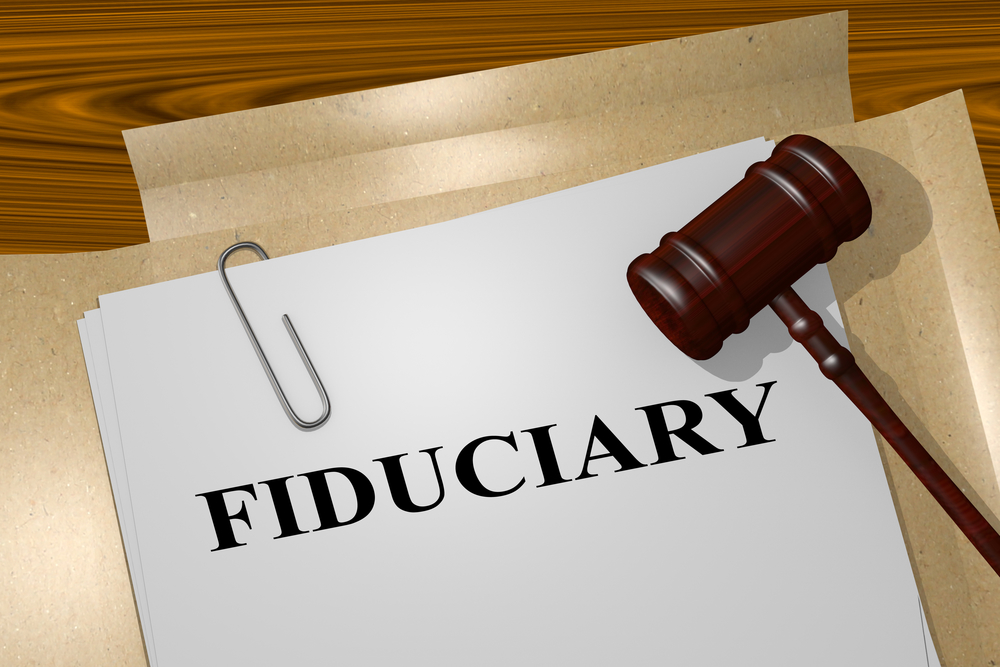What Are the Most Important Duties of a Will Executor?
January 22, 2019
Establishing someone as the executor of your will requires advanced planning and careful thought about whether or not this person is indeed comfortable to serve in this role.
This requires telling this individual that you intend to install him or her as executor and ensuring that they feel

Being selected as an executor is an obligation, as well as an honor. Prior to accepting, it’s important to understand exactly what you’re getting into.
When serving as an executor, you will distribute the individual’s personal property after arranging for the payment of the estate expenses and debts. Some of the most common duties tasked to an executor include:
- Paying estate taxes and filing tax returns.
- Establishing an account for paying bills and estate debts.
- Filing the will for probate.
- Choosing the type of probate.
- Distributing assets.
- Filing an inventory with the court.
Depending on the complexity of the individual estate, this could be a very large responsibility. Generally, executors tend to come from the creator’s children, siblings, parents or spouses. Many executors who are close family members do not ask for additional compensation, but an executor can receive payment as part of serving in this role.




